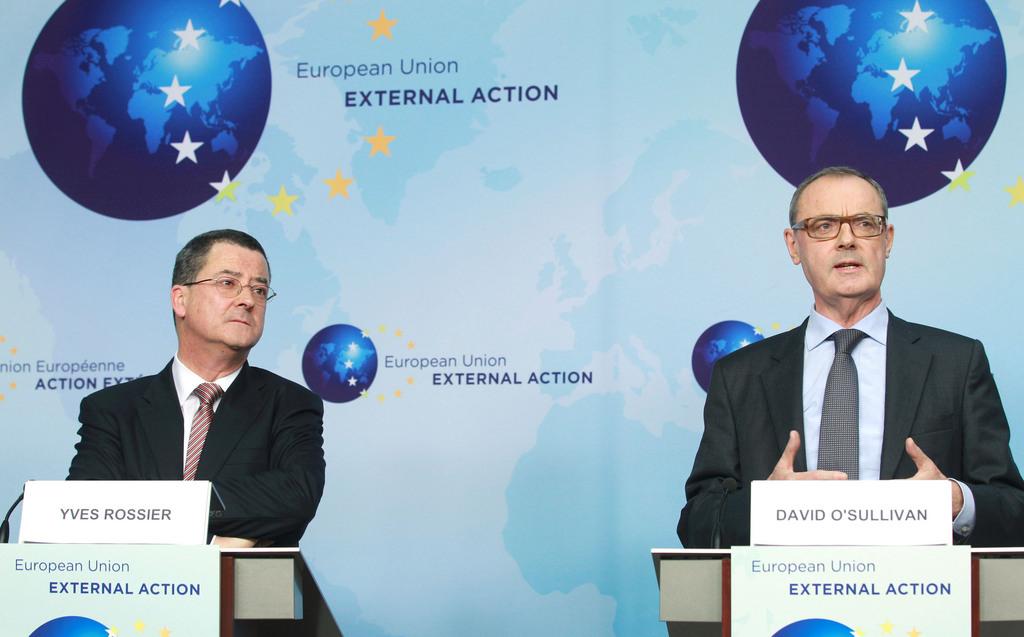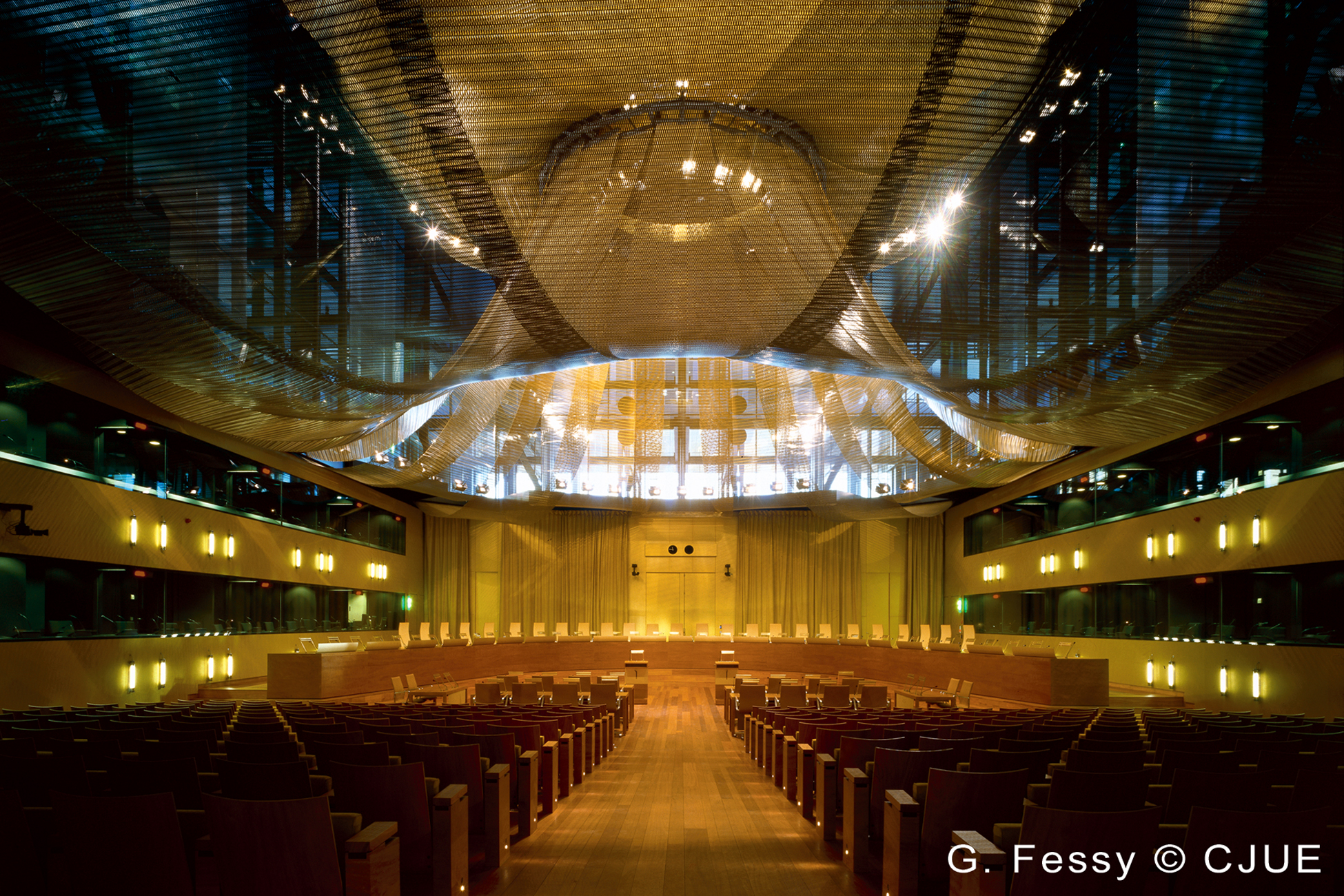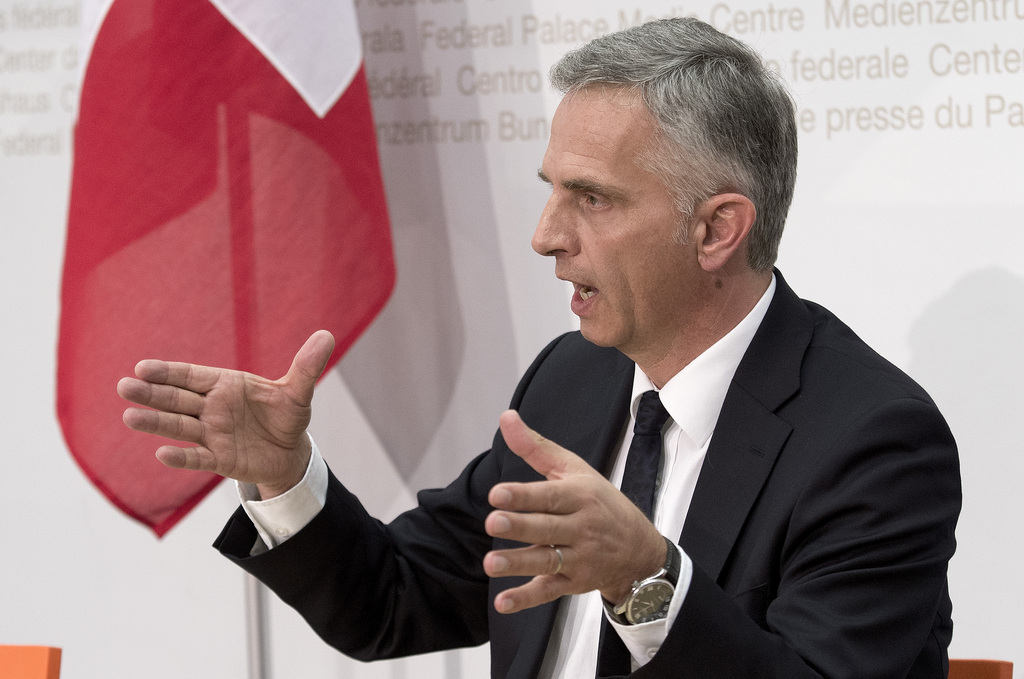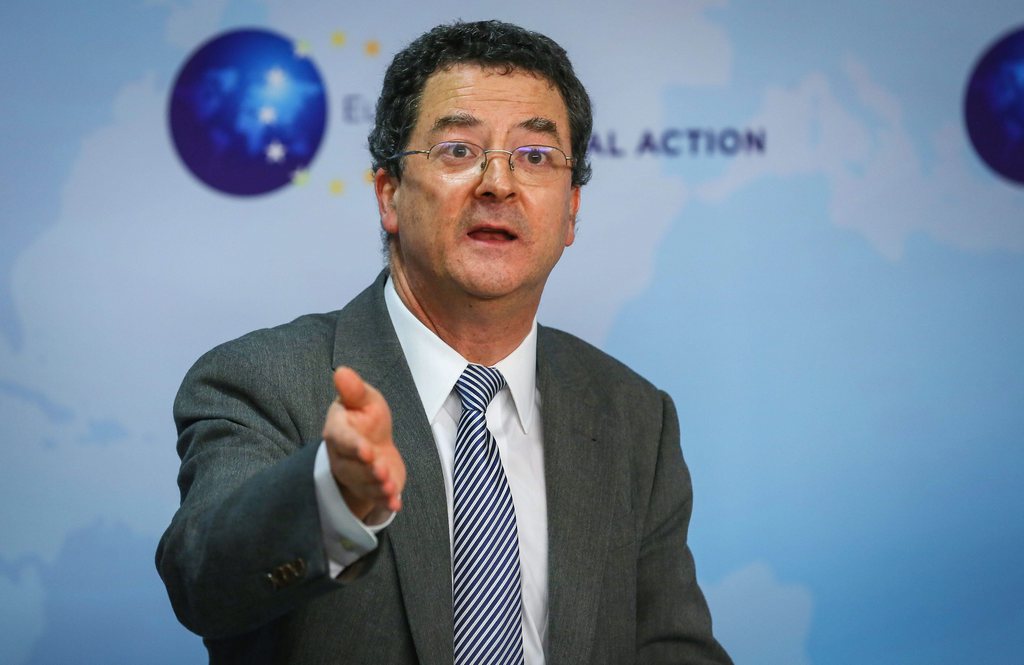Switzerland and Brussels make progress in negotiations

Swiss President Didier Burkhalter says that after the latest round of discussions with the European Union, it has been decided that Switzerland will not automatically accept European law and that the EU and Switzerland will not adopt a common surveillance network.
Burkhalter told the Schweiz am Sonntag newspaper that those decisions represent half of the questions still open in legal negotiations between Switzerland and the EU.
The other issues that must still be decided involve who is responsible for legal interpretation and what role the European Court of Justice will play in decisions involving Switzerland.
The talks come as the Swiss government is hoping to re-negotiate a bilateral accord with Brussels on the free movement of people following voters’ approval in February of a controversial plan to re-introduce immigration quotas.
According to the Swiss president and foreign minister, Switzerland has reserved the right to bring its perspective to legal decisions made by EU justice authorities before laws are created. This represents a sort of “dynamic” legal cooperation, Burkhalter said, wherein Switzerland adopts EU law “as soon as possible” once domestic questions are addressed. However, the Swiss are not obligated to adopt EU legal decisions.
Burkhalter also said “the EU and Switzerland will keep watch over their own territories” instead of developing a common surveillance network.
Good atmosphere
According to Burkhalter, difficult questions still need to be addressed between Swiss and EU authorities following the February 9 vote, especially regarding possible future fallout from Switzerland’s direct democracy.
“After February 9, it became clear to the EU that because of its direct democracy system, Switzerland can choose not to accept certain bilateral agreements,” he said. “That’s why the EU wants to discuss the process of settling disputes once again. I’m saying very clearly: if we find common ground, we’ll continue. If we don’t find common ground, we won’t.”
However, Burkhalter stressed that the negotiation atmosphere between Swiss and EU authorities is positive.
“We debate very openly, everything is on the table, we find solutions,” he said.
“Normally, we don’t communicate anything publicly until the discussions are concluded, but in this case, I strayed from this principle because I believe it’s better for open discussions within Switzerland.”

In compliance with the JTI standards
More: SWI swissinfo.ch certified by the Journalism Trust Initiative



You can find an overview of ongoing debates with our journalists here. Please join us!
If you want to start a conversation about a topic raised in this article or want to report factual errors, email us at english@swissinfo.ch.